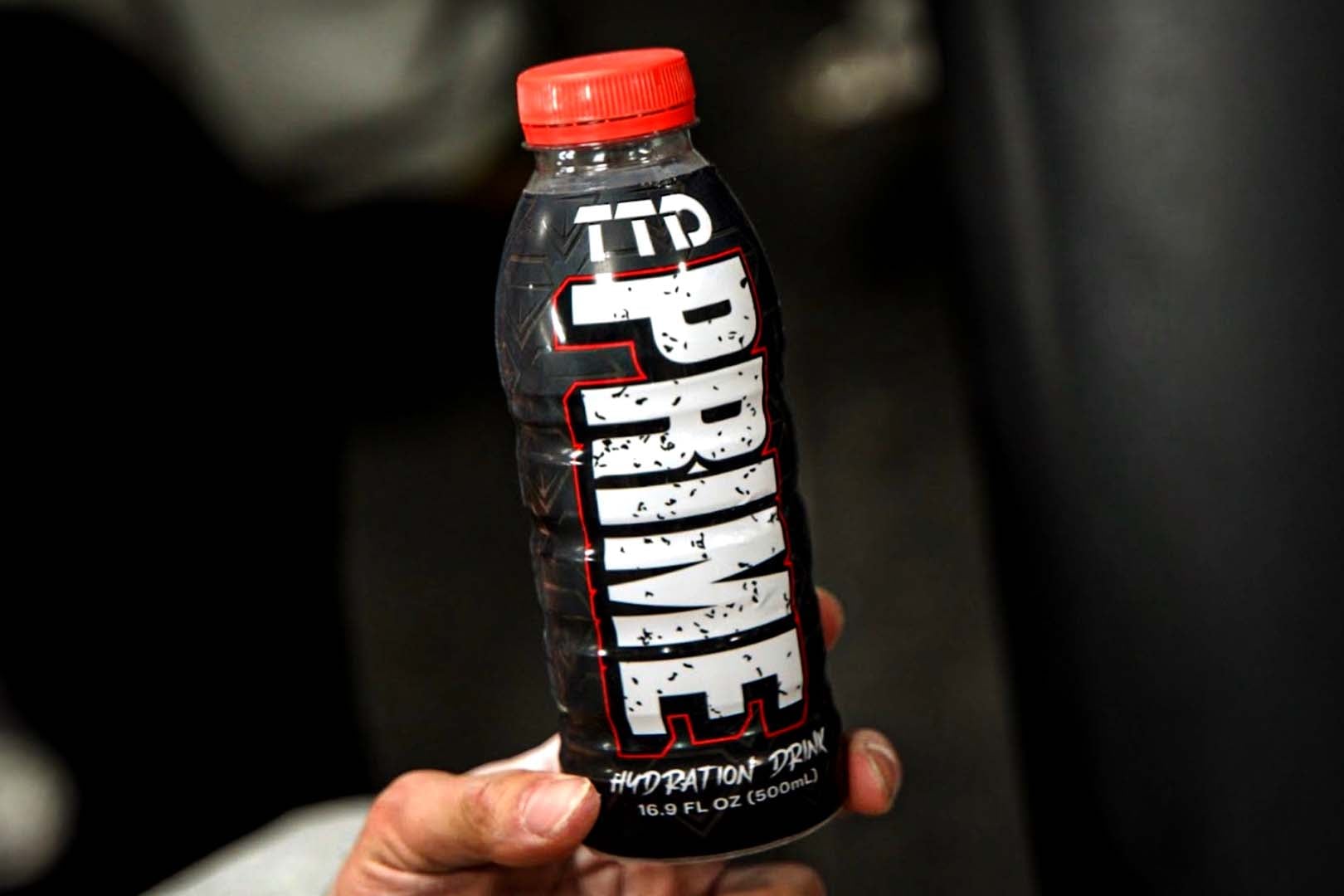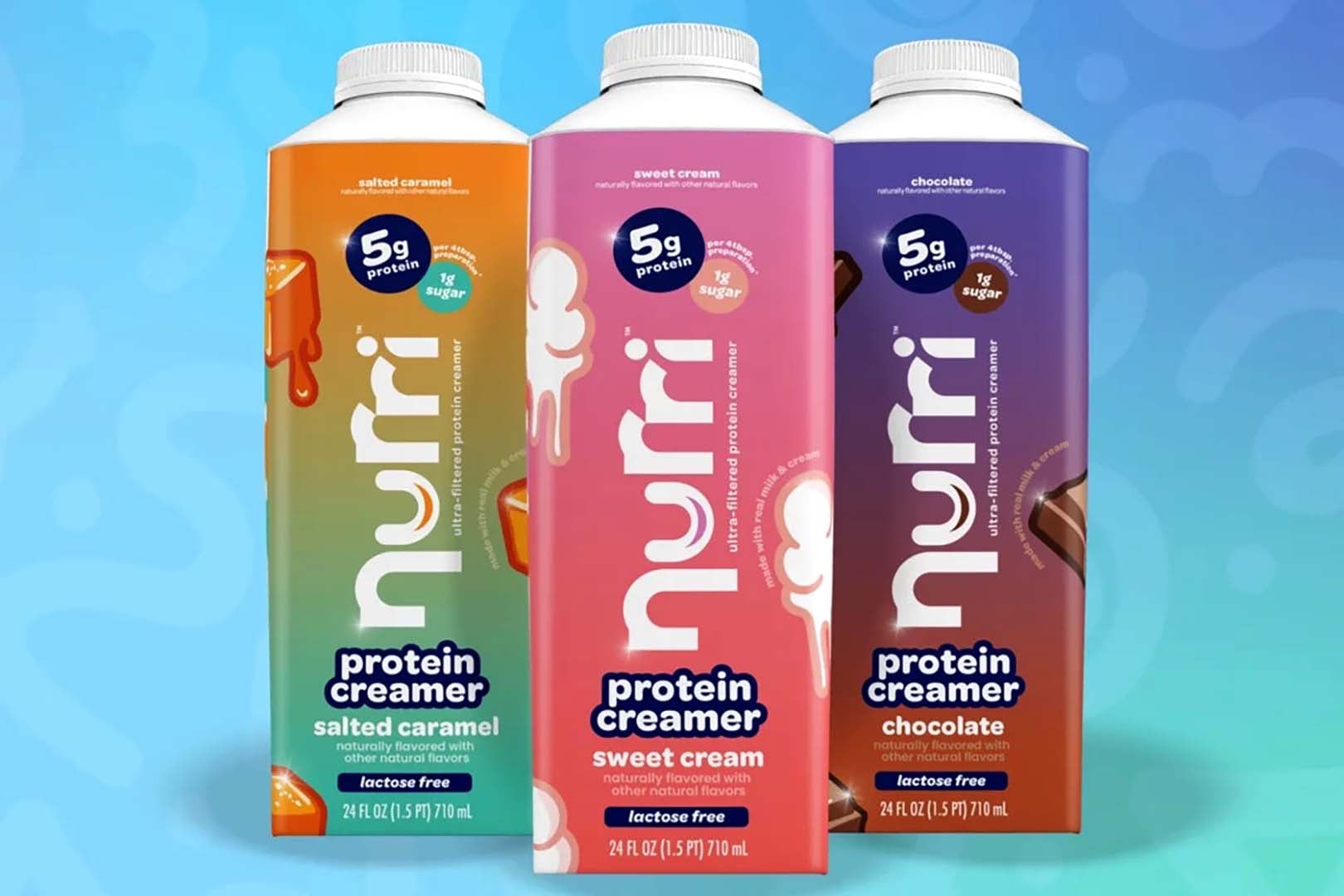Caffeine
Caffeine is in just about everything these days, and this has helped it grow into the world’s most popular energy enhancer by a wide margin.
People traditionally got their caffeine from things like coffee, tea, or soda. However, it has been taken to an entirely new level with its inclusion in pre-workouts, energy drinks, fat burners, and just about every single style of dietary supplement product available today.
While many companies may tote “all natural caffeine” with it coming from natural extracts, a key thing to keep in mind is that caffeine is identical if it comes from a herb, a leaf, tea, or is synthesized in the laboratory.
Unlike the majority of dietary supplements available, caffeine is tried, tested, and proven to help athletes in almost every fashion imaginable, so you can start to use it or continue using it with confidence.
What it does
Caffeine has been studied more times than almost any other dietary supplement. Studies have shown it to be able to increase anaerobic running capacity[1], power output[2], adrenaline levels[3], aerobic exercise capacity[4], fat oxidation level and metabolic rate[5], reaction time[6], testosterone levels[7], total training volume[8], feeling of wakefulness[9], blood flow[10], and thermogenesis[11]. Caffeine has also shown the ability to decrease rate of perceived exertion[12] and total level of fatigue[13].
How it works
Caffeine is classified as a stimulant, and as such it helps people feel more energetic. Unlike most other stimulants however, caffeine doesn’t directly energize you, but instead it blocks or antagonizes adenosine receptors in the brain. By antagonizing these receptors, adenosine is blocked from activating them, making your brain think it is time to be awake instead of time for rest/sleep. Basically, caffeine is a trickster that tells your brain its earlier in the day than it thinks it is, helping to stave off the desire to sleep.
Dosing
People possess unique tolerances to caffeine, so one should assess their tolerance to caffeine prior to taking larger doses.
A general starting point for caffeine is 200mg per dose, while performance-enhancing doses range from 4-6mg/kg of bodyweight (363mg-545mg for a 200lbs athlete).
Some studies utilized doses of 600-800mg with positive effects on testosterone, however doses this size are not recommended.
References
- https://www.ncbi.nlm.nih.gov/pubmed/16540848
- http://www.ncbi.nlm.nih.gov/pubmed/22496767
- https://www.ncbi.nlm.nih.gov/pubmed/11815511
- https://www.ncbi.nlm.nih.gov/pubmed/22142020
- https://www.ncbi.nlm.nih.gov/pubmed/2333832
- https://www.ncbi.nlm.nih.gov/pubmed/21266929
- https://www.ncbi.nlm.nih.gov/pubmed/18458357
- https://www.ncbi.nlm.nih.gov/pubmed/21157384
- https://www.ncbi.nlm.nih.gov/pubmed/16541243
- https://www.ncbi.nlm.nih.gov/pubmed/21349479
- https://www.ncbi.nlm.nih.gov/pubmed/21883004
- https://www.ncbi.nlm.nih.gov/pubmed/21605608
- https://www.ncbi.nlm.nih.gov/pubmed/14668172





